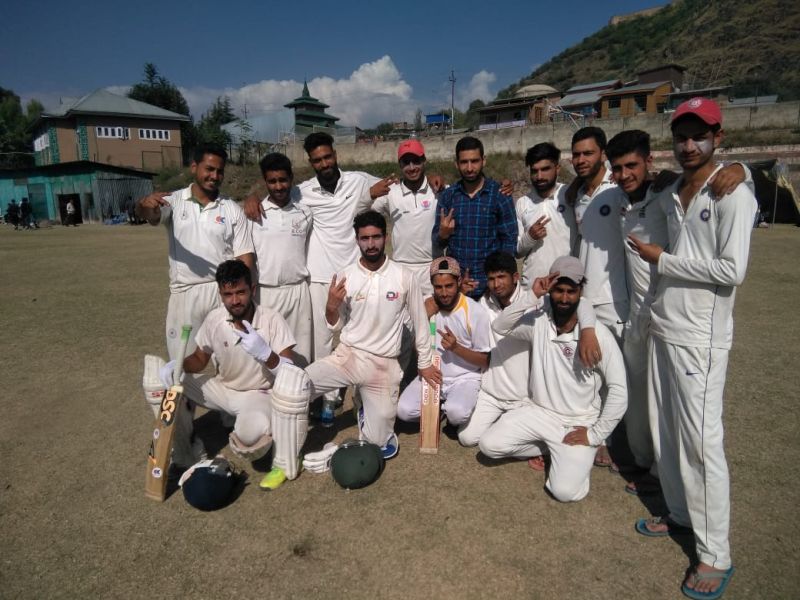By: Arshad Zaman
THERE is perhaps no word that is more frequently used and less clearly understood than governance. And now, a related word is gaining currency: Pakistan, we are being told is ‘ungovernable’, (and the remedy lies in democratic governance). This article explores the meaning, history and politics of the term, and the racist imperialism underlying its 21st century use to support ‘do more’ demands, justify violence and undermine democracy in targeted countries.
“The [US] Air Force,” according to a 2007 study by Rand, “is prepared doctrinally to contend with ungovernability resulting from contested, incomplete, or abdicated governance”. The study views governance “along a spectrum of state control” and governability of a nation or area is defined in terms of penetration of state institutions, existence of connective infrastructure, absence of informal economic transactions (including corruption), and acceptance of state authority and institutions (especially of law and justice).
This perspective, elevated to dogma, now undergirds all relevant US government policy documents and military field manuals. In this, the occupation force’s view, to govern is to administer; not to establish law and justice among equals, but to control inferiors and suppress protest, resistance and violence.
The study itself, like scores of similar American studies, is unremarkable; as is its lead case study of “the Pakistani-Afghan border region” as “the prototypical ungoverned territory”. But the quote illustrates how “governance” and “ungovernability” have become central to US military “counterinsurgency” (counter-independence-struggle) strategy to secure oil transit routes around the Arabian Peninsula, and other areas of US “vital interest”.
Across the Greater Middle East, this narrative now justifies targeted killings, regime change (through invasion, proxy wars and coups d’état) and occupation of putatively ungoverned or ungovernable areas. In Pakistan alone, during 2005-2013, US drones killed 80,000 (including 50,000 civilians), according to Boston University Prof Neta Crawford.
But what exactly is governance, and how is it different from government? Plato first used the Greek ‘kubernân’ (to pilot a ship) as a metaphor for the rule of men over men. This passed into Latin as ‘gubernare’ (to steer, hence to direct, rule, govern); and in the 13th century, in Old French as ‘gouvernance’ (the art or manner of governing). A century later it became in English, governance, the manner as opposed to the act of governing. The term government can refer, ambiguously, either to the act of ruling with authority; or to those who rule.
After long obsolescence, in the 1990s English-speaking social scientists at UN agencies resurrected the French-inspired term, ‘governance’, both to distinguish it from government as an institution and especially, to promote a new neoliberal conception of how public affairs should be managed.
This conception was based on the participation of ‘civil society’ (including markets and networks) at all levels (national, local, regional and global). In this contemporary use, governance properly speaking has gone from being a synonym for government (a traditional hierarchical way of governing) to becoming an antonym (a decentralised participative approach to political management).
While governance had passed into disuse, there was occasional recourse to ‘governability’ (being tame, docile, peaceable — usually said of animals, slaves, children, and women). In 1727, however, seeking reinforcements the mayor of Bristol wrote of protesting coal miners: “They are a set of ungovernable people … [who] have passed through this city with clubs and staves in a noisy manner.”
But as Brewer and Styles (Ungovernable People? English and their Law in the Seventeenth and Eighteenth Centuries, 1980) show, these protests and uprisings acted as regulatory mechanisms that confronted the governors with their failings, leading to more universal values and changes in policies that led to better governance.
It was in this sense that ungovernability was revived in the 1970s in America when urban unrest, and anxieties about economic slowdown, led to proposals to curtail liberties in cities, and welfare in industrial countries.
Although racism and discrimination against African-Americans in the US has frequently led to civil unrest, including riots (Chicago 1919, Harlem, New York 1935 and 1943, and Watts, Los Angeles 1965), no one calls America ungovernable.
By the 1970s, however, the expression “ungovernable city” started appearing in the title of several books: on New York, by Yates (1977) and Cannato (2002); on Boston and San Francisco, by Ferman (1985); and on London, by Travers (2003). In all these, however, ungovernability referred to the lack of capacity of mayoral administration in relation to needs, not to unruliness of cities or residents.
This idea was extended from cities to nations by the 1977 report for the Trilateral Commission by Crozier, Huntington and Watanuki (on “the governability of democracies”). It argued that welfare demands on governments were undermining the prospects for growth in industrial democracies. But discussants found its assumptions contradictory, its recommendations “an attempt to turn back the wheels of history” to return to an “uncivilised, indeed primitive” state, “wrong, self-defeating, deadly”, and in case of Britain, “complete nonsense”.
They said what was needed was “more democracy, not less” and suggested that “it might be more appropriate to examine the ‘excesses’ of the ‘governors’ than those of the governed”. The last merits deep reflection.
Clearly, in the 21st century, the US military has had better luck with non-white nations. Yet this narrative and the vocabulary that supports it is ignorant, bigoted and racist, and should be firmly rejected by all freedom-loving citizens.
Governing the ungovernable (suppressing dissent by force) is irreconcilably opposed to democratic governance (popular sovereignty over government). The road ahead, if we must be guided by imported wisdom, lies in US president Johnson’s conclusion on riots in America (July 27, 1967): “The only genuine, long-range solution for what has happened lies in an attack — mounted at every level — upon the conditions that breed despair and violence.”
Courtesy Dawn






